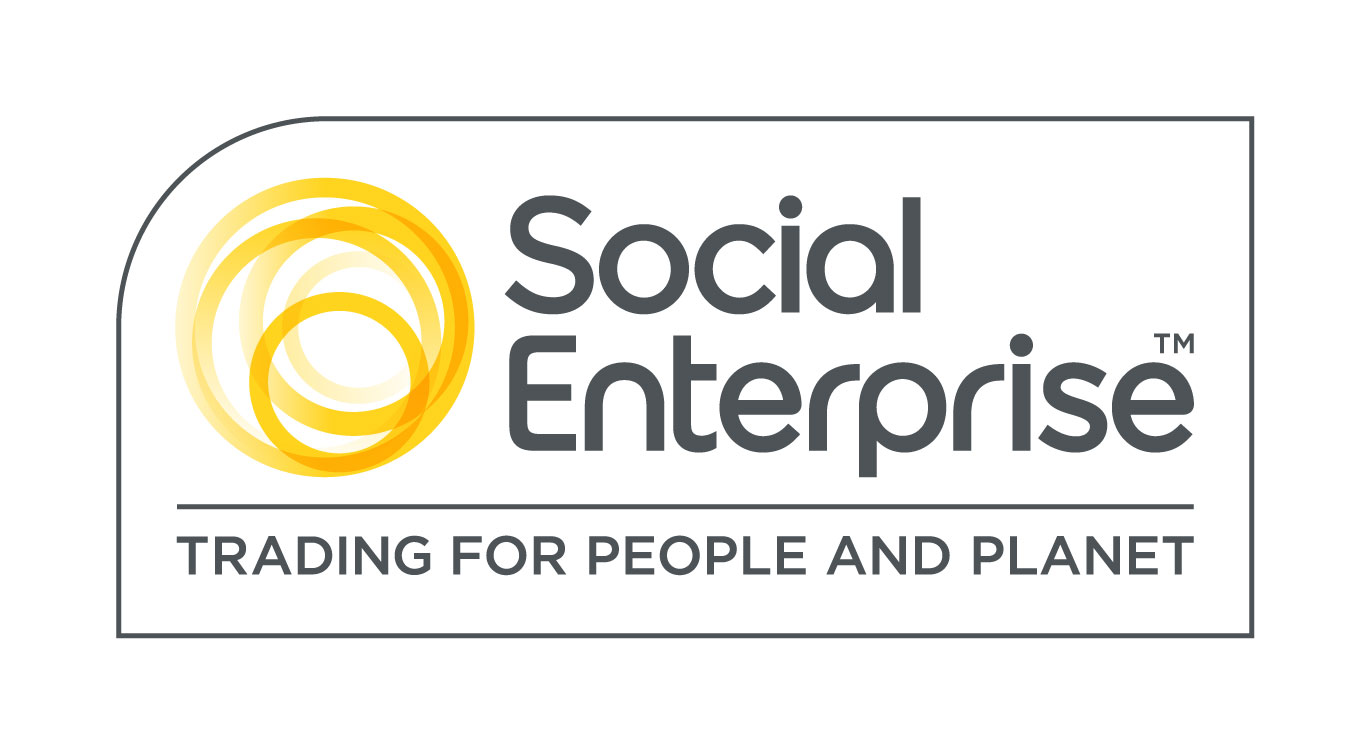Deadly Workplace Sins to Avoid
Are Toxic Behaviours Killing Your Teams's Performance?
 All interactions within a team either strengthen or weaken the team. Relationships form the connecting threads that hold the team together. When these threads are weak or broken, the team can start to breakdown, get stuck, pull apart or even disintegrate completely. When we strengthen these relationship threads through positive and constructive interactions, we create teams with high positivity and productivity. Find out how you can keep your team in excellent shape as you head into 2011.
All interactions within a team either strengthen or weaken the team. Relationships form the connecting threads that hold the team together. When these threads are weak or broken, the team can start to breakdown, get stuck, pull apart or even disintegrate completely. When we strengthen these relationship threads through positive and constructive interactions, we create teams with high positivity and productivity. Find out how you can keep your team in excellent shape as you head into 2011.
Acclaimed author John Gottman describes the Four Horsemen of the Apocalypse, the four toxic behaviours that can kill positivity and productivity in a team. These are:
Blaming – finger pointing and accusing,
Defensiveness – not taking responsibility
Contempt – sarcasm, hostility, personal attacks
Stonewalling – silence, withdrawing, disengaging, loss of hope
These behaviours are often symptomatic of feelings of powerlessness. When team members cannot see how to resolve a situation, these behaviours serve to protect, deflect and attack. When a team has functioned like this for some time, it becomes the normal way of communication. So how as a leader, can you move from destructive to constructive relations?
Firstly, it’s important to start with yourself. As a leader, your style will impact on the emotional tone of the whole team. Each of the behaviours leads to the others. Which of the four behaviours do you use? Notice how your team are in meetings. If they are defensive do they feel blamed or perhaps you find it hard to hide your contempt for their idea. Do they normally look to blame others? Maybe they are mirroring your style. Spend some time noticing your habitual responses to the team members and start to clean up your act.
Here are some ways to work with the team to re-empower and detox the team behaviours:
- Train the team in the behaviours and discuss the negative impact they are having on the team
- Discuss how the team will handle these behaviours when they do arise and get their contribution
- Get a team agreement on how they would like the team to be
- Create a plan of action and commitment on how this will be achieved
- Provide alternative behaviours such as:
- Focus on finding solutions rather than finding someone to blame
- Don’t take things personally
- Acknowledge the 5% truth in the feedback
- Put your case forward openly and honestly
- Encourage a constructive feedback process that promotes development
- Take responsibility for your own feelings. Use statements such as “I feel...” “I want...”
- Use a neutral person to vent to and clear your build of negative feelings
- Focus on the best outcome for everyone
- Give yourself time and space to calm down rather than continuing with conversations when you are emotionally overwhelmed.
- Chose a time to speak when emotions are calm
- Remember what is important to you about the team/the project/your role
- Change how you perceive the other members of the team – remember that we are all human
Does your team need a detox? We will be running lunch time team detox sessions from January. Let an experienced coach take the heat out of your team discussions and start the new year with a clean productive team.
This article was written by Fiona Monks, Certified Coach
Our team of specialised coaches are here to help. Find out more about our business coaching services or email us at [email protected] to arrange a chat with one of our coaches. Get your coach today!






